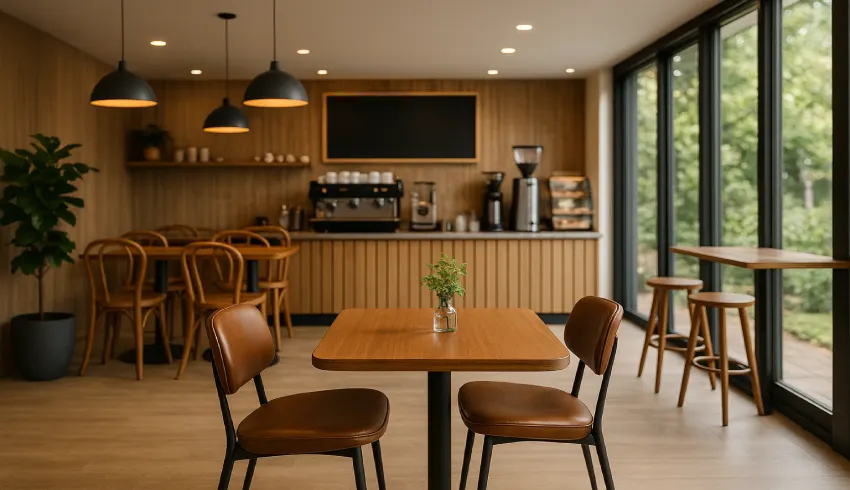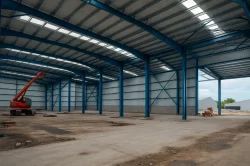Building Smarter: How Digital Transformation is Reshaping

In an era where digital technology is revolutionizing every aspect of our lives, the construction industry is no exception. Traditional methods of building — once defined by manual labor and paper-based planning — are rapidly being replaced with intelligent systems, automation, and real-time digital tools. At Hirad Construction Company, we believe that embracing smart construction is not just a competitive edge — it’s the future of the industry.
What Is Smart Construction?
Smart construction refers to the integration of advanced digital tools, data analytics, IoT (Internet of Things), AI (Artificial Intelligence), and automation into every phase of a construction project. This includes everything from 3D modeling (BIM), remote monitoring, and predictive maintenance to AI-powered safety systems and smart supply chain management.
Instead of relying solely on human coordination and manual updates, smart construction creates an interconnected ecosystem where machines, sensors, software, and teams communicate in real-time — improving efficiency, accuracy, and decision-making across the board.
Why Smart Construction Matters
The construction sector has historically lagged behind in digital adoption compared to industries like manufacturing or logistics. But with rising costs, labor shortages, and growing environmental regulations, the need for smarter, more agile building methods has never been greater.
Here are some of the key benefits of smart construction:
-
Faster project delivery: Automated workflows and real-time tracking reduce delays and miscommunication.
-
Improved safety: AI-based site monitoring and wearable sensors can detect hazards and prevent accidents.
-
Better resource management: Smart scheduling and supply systems cut waste and optimize material use.
-
Higher quality outcomes: Digital simulations and data analytics allow for early detection of design or structural flaws.
-
Sustainability: Intelligent systems help track and reduce energy use, carbon emissions, and material inefficiencies.
Real-World Applications at Hirad
At Hirad Construction Company, we’ve already integrated several smart solutions into our operations:
-
BIM (Building Information Modeling): We use BIM for 3D visualizations, clash detection, and planning accuracy.
-
Drones & Aerial Monitoring: For large-scale projects, drones help us inspect progress, verify measurements, and enhance site documentation.
-
Cloud-Based Collaboration Tools: Our teams use shared platforms for real-time updates, design reviews, and seamless communication.
-
Smart Sensors: On select projects, we implement IoT-based sensors to monitor humidity, temperature, and structural stress.
-
AI-Assisted Estimating: Our estimating software uses historical data and AI to produce faster and more accurate project bids.
Overcoming Challenges
Transitioning to smart construction isn’t without its hurdles. Some of the biggest challenges include the upfront cost of digital tools, training for staff, cybersecurity risks, and cultural resistance to change.
However, we believe that these are temporary obstacles. With each successful implementation, we build internal capacity and see a return on investment through improved timelines, reduced rework, and happier clients. The key is to start small, invest wisely, and foster a company culture that embraces innovation.
The Future Is Now
The construction sites of the future will be digitally connected, AI-enhanced, and sustainability-focused. At Hirad, we’re not waiting for that future — we’re building it today. We’re constantly researching new technologies, partnering with tech innovators, and piloting digital tools to find what truly delivers value.
By combining our decades of experience with a forward-thinking mindset, we aim to lead the next wave of digital transformation in Iran’s construction sector — and eventually, the region.
Final Thoughts
Smart construction isn’t just about technology — it’s about redefining how we build, think, and deliver. It’s about creating a more transparent, collaborative, and efficient construction experience for everyone involved — from architects and engineers to clients and communities.
As part of our commitment to excellence, Hirad Construction Company will continue to push boundaries, challenge conventions, and invest in intelligent systems that shape the future of our industry. Join us on this exciting journey — because the smarter we build, the better we live.
